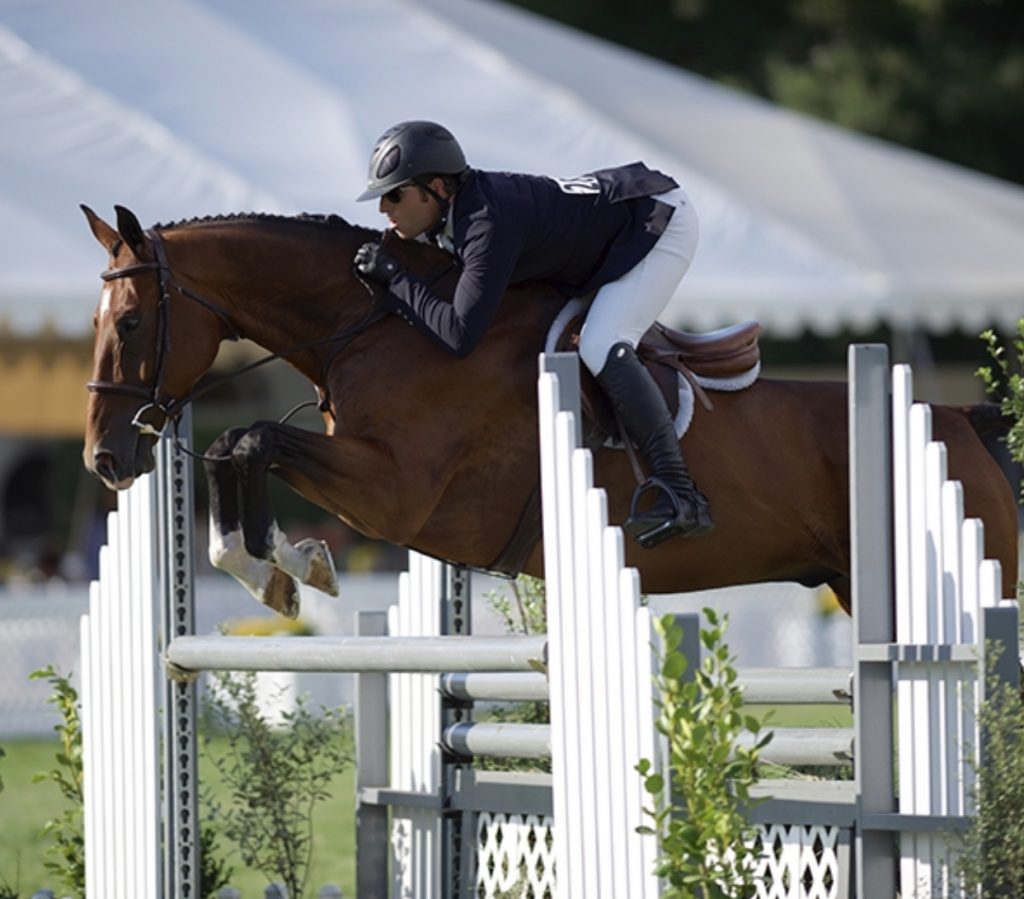
Feeding Omega-3 Fatty Acids and Vitamin E to Improve Oocyte or Embryo Quality in Mares
Fertility in mares has been shown to decline with age.
Feeding omega-3 fatty acids, specifically DHA and EPA has been shown to have many positive effects in horses. It can reduce inflammation, aiding horses with breathing problems, allergies, gastrointestinal issues and help with increasing immunity.
Omega-3’s in fish oil have been proven to have numerous important roles in physiological and biochemical processes. There have also been many studies showing the positive effects on fertility in horses. While reproductive studies feeding omega-3 fatty acids in mares is lacking, it has been shown in many other mammalian species to improve oocyte amount and quality. There has been research specifically in increasing the outcomes of live offspring from aged animals while feeding omega-3 fatty acids.
The adverse effects associated with reactive oxygen species (ROS) in the body and in vitro on the quality of oocytes and embryos has been shown to reduce chances of reproductive success.
Unfortunately, there is little research in horses on the effect of feeding Vitamin E to improve oocyte/embryo quality. Vitamin E is among the most important natural antioxidants that protect cells from damage caused by free radicals. There is research in many other species to show the positive results of Vitamin E on embryo quality, but no significant effect on oocyte quality/maturation.
Equine Omega Complete has 1,200 IU’s of all natural Vitamin E per daily dose.
Equine Omega Vitamin E has 10,000 IU’s of all natural Vitamin E per daily dose.
However, the highest percentage of quality oocytes in MII phase was achieved with those animals receiving dietary Vitamin E. This could be very important for those mares where assisted reproduction is needed and/or used.
Recent research has shown the impact of feeding a diet rich in the omega-3 fatty acids DHA and EPA to show a remarkable improvement in oocyte quality measured by the oocytes mitochondria and spindle structure. Research data also shows that dietary omega-3 fatty acids may protect against age related decline in oocyte quality.
This is very promising for the chances of a live foal in aged mares. The potential of feeding omega-3 fatty acids to improve oocyte quality in mares is profound for the horse industry.
Recent research has shown the impact of feeding a diet rich in the omega-3 fatty acids DHA and EPA to show a remarkable improvement in oocyte quality measured by the oocytes mitochondria and spindle structure. Research data also shows that dietary omega-3 fatty acids may protect against age related decline in oocyte quality.
This is very promising for the chances of a live foal in aged mares. The potential of feeding omega-3 fatty acids to improve oocyte quality in mares is profound for the horse industry.
A recent customer testimonial – “I have numbers for you on my senior stallion that we put on Equine Omega Complete when we got him last August. From our initial collection, we got 2.4 billion cells and about 50% on his motility. It dropped to 10% at 24 hours. Our December collection, after being on Equine Omega Complete for a few months and getting a better feed/hay and overall program, yielded 7.07 billion cells with 70-80% motility, and 60% at 24 hours. Our first collection that went out a few weeks ago to a mare owner had 12 billion cells, and at 24 hours we still had 70% motility straight out of the box, not warmed up. At 48 hours, it was still well over 50%. CRAZY for a 20 year-old stallion, right? We’re super excited about these numbers!” Brenna Weaver
If you have questions or would like more information or to order, please visit our website at www.o3animalhealth.com. Be sure to see our customer reviews. If you would like to speak to our nutritional consultant, please call 855-366-8822



